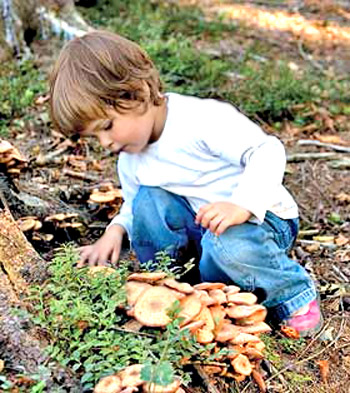Over the years I’ve made various attempts to give people a good set of principles for introducing my way of observing and understanding the workings of natural environmental systems (1).
9 steps of discovery
A suggestion that I try again resulted in the following page, describing 9 steps of discovery. They’re to be made meaningful to someone using them by leading to their discovering things they never would have guessed, about their own world. The goal is gaining a far better general understanding how nature creates and animates her very complexly well organized systems.
The trick in all of it,
is that what we “see” is not what nature is doing, but what we’re thinking of,
making consciousness quite different from reality.
The real world system of nature to understand are the various familiar and unfamiliar things that develop and work by themselves. That includes the weather, social systems, economies, ecologies, but also organisms, storms, currents, cultural events and emerging technologies, etc. They’re also little things like rust spots that magically appear by themselves on your car or other small individual events.
Emergent complex systems that take place “by themselves” in the sense of there being no evidence of central deterministic control, are also found in any spontaneous gesture like a smile, a handshake, or even the experience of personal feelings and thoughts, as form of complex organization in nature that come and go, and lack a pre-existing template for how to do that.
These are clear case of nature having to invent the path in the process of building and completing the process. What opens the door to appreciating them is having a method of observation that fits them all, as following the enduring pattern for all scales and kinds of observable events as completing their own individual life-cycle.
The critical observation is to answer the question “what’s piling up” NOT “what’s the formula”. It’s only theory that world by formulas. Nature works by piling up, so that’s what you study when the subject is how can nature behave in a way not in our formulas.

something about both the thing developing is “in-spired” from inside
and why the environment it is in makes that possible
1) The Art of Observation from Physics for Open Systems, and added resources:
-
-
Observing Systems – 2006 collection of 23 very short essays
Bump on a Curve ¸¸.·´ ¯ `·.¸¸ Notepad – 2007/08 watching the whole life cycles of events
Stories & Experiences; Examples for Teachers – blog entry categories
Principles, methods thinking, & theory of Natural Systems, concepts to play with
-
Observing Systems – 2006 collection of 23 very short essays
